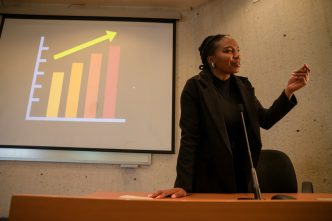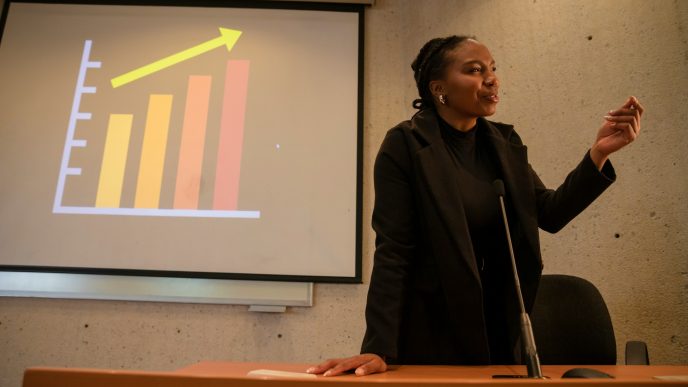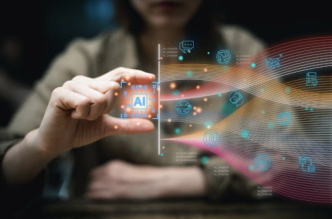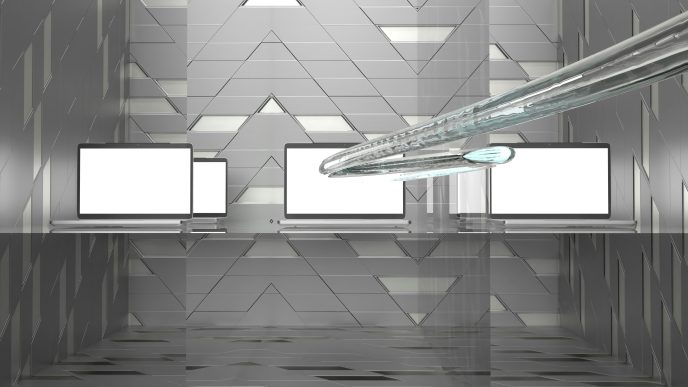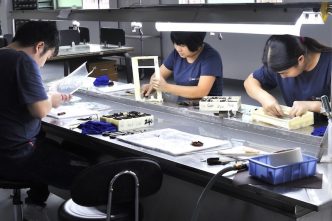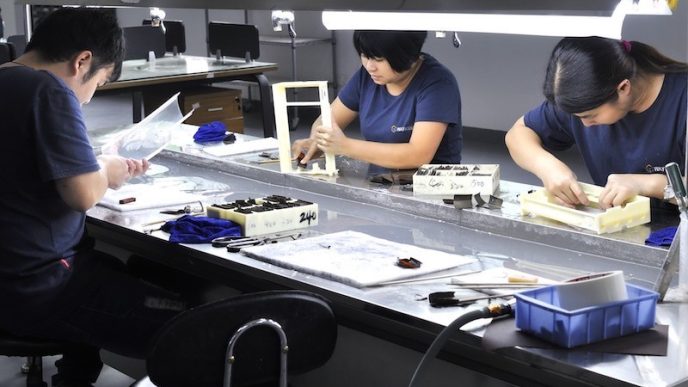Acer for Education has released the findings of its latest survey, offering a comprehensive look at the state of school digitization across EMEA. The research highlights key challenges and needs faced by educational institutions as they strive to integrate technology into learning effectively.
The survey, conducted among Acer Education Partners at the Acer Education Summit 2024, provided valuable insights from industry leaders who gathered to discuss the future of digital education.
With digitization playing an increasingly vital role in modern learning, schools must keep pace with technological advancements to equip students and teachers with the best tools. According to the survey, 46% of respondents believe that schools in their respective countries have achieved a good or advanced level of digitization, reflecting significant investment in technology to enhance teaching and support a connected generation.
When selecting laptops for education, durability (30%), a long life cycle with easy repairability (30%), and extended battery life (23%) were identified as the top priorities for schools, ensuring reliable and long-lasting devices for students and teachers.
However, despite the positive data on the level of digitization in education in EMEA, partners still report some barriers that make it difficult or slow down the integration of educational technology. In many cases, schools face a lack of funding (30%) as well as a lack of preparation of teachers (30%) in using IT devices in their daily activities and for this reason, besides the product, they require support to train the teaching team (29%), to access Edu Tools and applications (24%) as well as leasing or financial services (11%) to cope with the digitalization path.
A further obstacle encountered is the resistance of school professionals to adopting new technologies: almost a quarter of the partners (24%) said that the cultural change required to successfully integrate digital innovations is not yet fully established. In addition, 10% of the partners interviewed reported a need to improve the digital infrastructure, in many instances reporting difficulties due to variable quality Internet connections and limited access to appropriate technology devices, with obstacles varying from country to country. As a result, the demand for technical assistance from schools is very high, with 36% of partners stating that it is the request they receive most often.
In a global context where sustainability is becoming a cross-cutting priority, educational institutions also aim to reduce the environmental impact of their activities. Acer for Education’s research showed that 61% of partners found interest in schools in their countries to implement concrete initiatives to decrease energy consumption and promote sustainable practices, through the adoption of devices with recycled materials in chassis, low energy consumption and easily repairable or self-repairable.
Meanwhile, Artificial Intelligence is also emerging as one of the most promising technologies for the education sector, offering new possibilities to personalise learning and increase teaching efficiency. According to the research, it emerged that educational institutions are becoming familiar with AI, but only 5% consider AI a trusted assistant. In fact, for 31% of respondents, AI could be an opportunity but there is concern in terms of privacy and security.
“Acer for Education has always been committed to supporting change in the world of education, working hand-in-hand with educational institutions and partners to promote inclusive, sustainable and technologically advanced teaching,” said Cristina Pez, Acer EMEA Commercial Director. “Our research highlights the importance of innovative solutions that not only enhance learning, but also respect the environment and prepare students for an increasingly digital future”.


